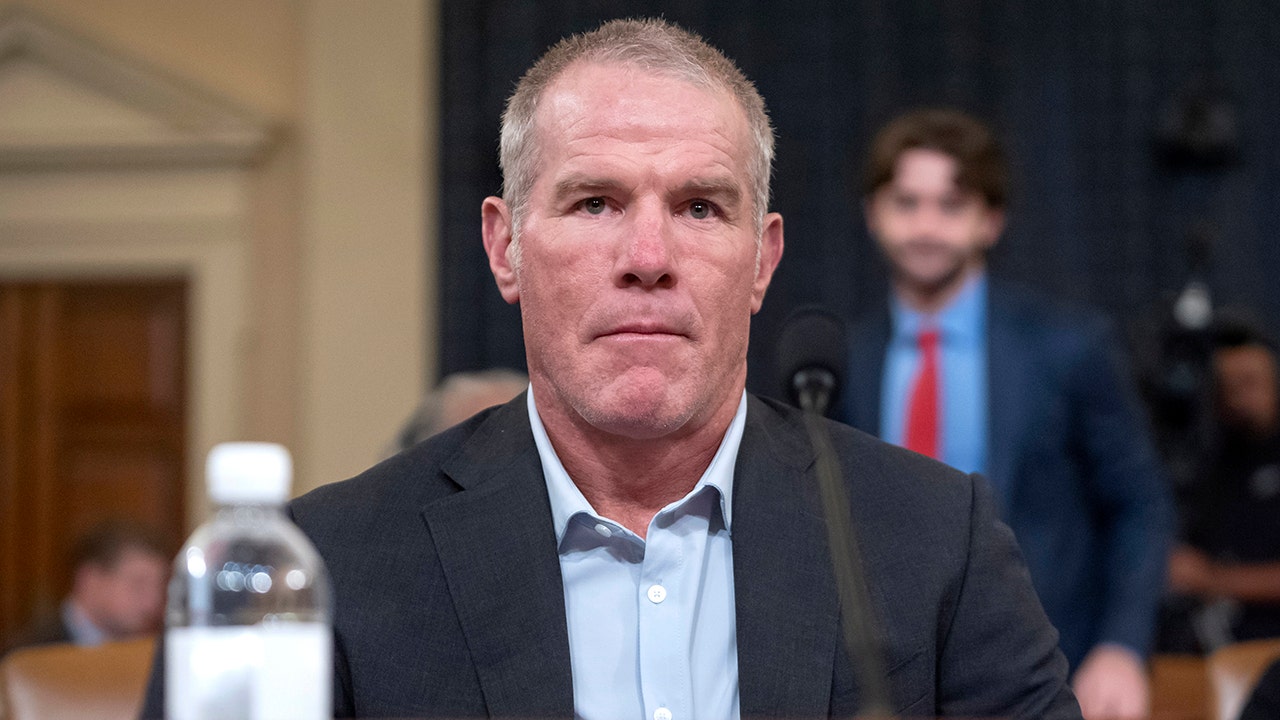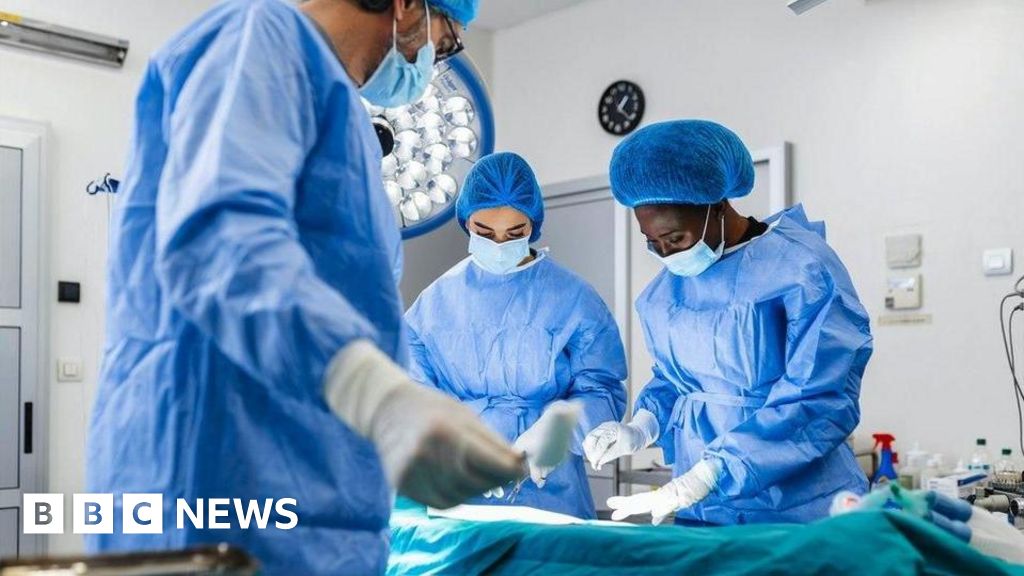Last Updated:
Regular monitoring of AQI levels, coupled with precautionary measures, such as protecting health, especially during peak pollution seasons, would allow individuals to continue their daily activities more safely.
A layer of fog engulfs Akshardham temple and surrounding areas as the AQI slips to ‘very poor’ category | Image/File
As pollution levels continue to rise in major cities like Delhi, health professionals are raising awareness about the significant risks to respiratory, skin, and eye health. With Delhi’s Air Quality Index (AQI) recently exceeding 400, the potential for severe health issues intensifies, making it essential for people to take proactive steps to protect their well-being. offer valuable insights on how to navigate the health challenges posed by high pollution levels and outline preventive measures for both individuals and families.
Health Effects of Pollution on the Respiratory System, Skin, and Eyes
The respiratory system bears the brunt of high pollution levels, with conditions such as asthma, chronic bronchitis, and even lung cancer becoming increasingly common. Dr Meenakshi Jain, Senior Director, Internal Medicine, Max Super Speciality Hospital, Patparganj explains, “Fine particulate matter (PM2.5) can penetrate deep into the lungs, causing inflammation and reduced lung function. Long-term exposure can lead to chronic respiratory diseases, making it difficult to breathe and perform daily activities.” The prolonged exposure to pollutants not only affects lung function but can also lead to cardiovascular diseases and increased risk of lung cancer.
Similarly, Dr. Pratibha Dogra, Senior Consultant of Pulmonology and Sleep Medicine, Marengo Asia Hospitals, Gurugram, emphasizes the damage to lungs from pollutant entry, explaining that “severe pollution triggers conditions like asthma, bronchitis, and reduced lung ability.” She notes that continued exposure exacerbates respiratory illnesses, especially in vulnerable groups such as children and the elderly.
Eyes and skin are also significantly impacted by pollution. According to Dr. Jain, “Pollutants like smoke and chemical vapors can irritate the eyes, causing symptoms such as redness, dryness, and excessive tearing.” Over time, this can lead to more serious eye conditions, such as conjunctivitis or corneal damage, particularly for those with pre-existing eye sensitivities. Skin exposure to airborne toxins can cause dryness, acne, premature aging, and even skin cancer when combined with UV exposure, she adds.
Dr. Dogra also highlights that pollutant particles clog pores and can worsen skin conditions, causing dryness, acne, and premature aging. To mitigate these issues, she advises a rigorous skincare regimen to protect and hydrate the skin.
Steps to Minimize Pollution Exposure
In high-pollution environments, both experts stress the importance of monitoring and limiting exposure. Dr. Jain advises, “Stay informed about local air quality indexes (AQI) and limit outdoor activities during high pollution days,” while Dr. Dogra adds that it’s crucial to plan ahead for outdoor activities and avoid exercising outdoors in the early morning when pollution levels are highest.
To reduce the intake of pollutants, Dr. Dogra recommends the use of an N95 mask when venturing outdoors, as well as “sealing windows and using air purifiers indoors, along with placing indoor plants to improve air quality.” She also underscores the importance of minimizing pollutant entry into indoor environments to create a safer breathing space.
Dr Jain suggests additional strategies for maintaining indoor air quality, such as using air purifiers, ventilating the home, and avoiding indoor pollutants like tobacco smoke and harsh cleaning chemicals. These practices, combined with regular AQI monitoring, can significantly lower the risks associated with poor air quality.
Hydration, Nutrition, and Skincare to Combat Pollution
Proper hydration and a diet rich in antioxidants can also help the body counteract pollution’s effects. “Staying hydrated supports skin health and overall well-being,” notes Dr Jain. Antioxidants can help combat oxidative stress, which is a major factor in cellular damage caused by pollution. Dr Dogra recommends consuming antioxidant-rich foods to boost immunity and mitigate toxin impact. Additionally, she advises rinsing eyes with clean water to relieve dryness, applying hydrating skincare, and using a moisturizer to protect the skin’s barrier against pollutants.
When to Seek Medical Help
Knowing when to seek medical advice is essential. Dr. Jain advises individuals to be vigilant for signs of respiratory issues, such as a persistent cough, shortness of breath, or wheezing, especially if these symptoms worsen with exposure to pollution. She also warns that continuous redness, swelling, or discomfort in the eyes that does not improve with over-the-counter remedies warrants medical consultation. Likewise, skin reactions, such as severe acne or persistent rashes, should not be ignored.
Taking Proactive Steps to Safeguard Health
While the health effects of pollution are substantial, Dr. Jain emphasizes that “being proactive about monitoring environmental conditions and maintaining a healthy lifestyle can help mitigate these risks.” By implementing preventive measures, such as reducing outdoor exposure on high-pollution days, using protective masks, and ensuring indoor air quality, individuals can protect themselves and reduce pollution-related health risks.
Dr Dogra concludes that by adopting simple habits, like using air purifiers, staying hydrated, and choosing antioxidant-rich foods, people can enhance their resilience to pollution’s impact on health. Regular monitoring of AQI levels, coupled with these precautionary measures, helps protect health, especially during peak pollution seasons, allowing individuals to continue their daily activities more safely.














































